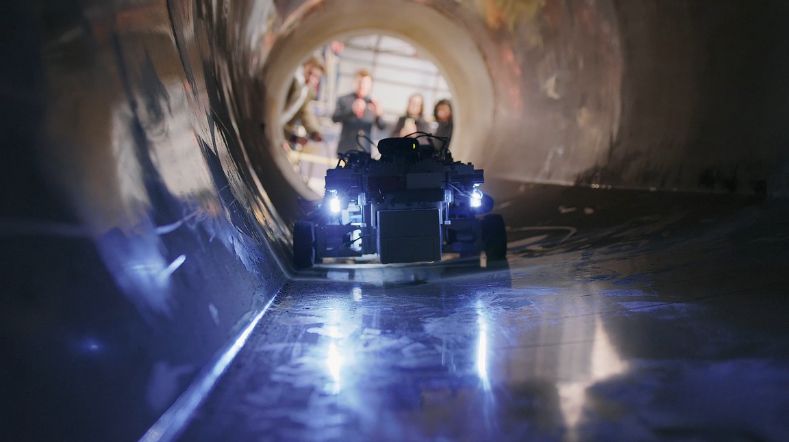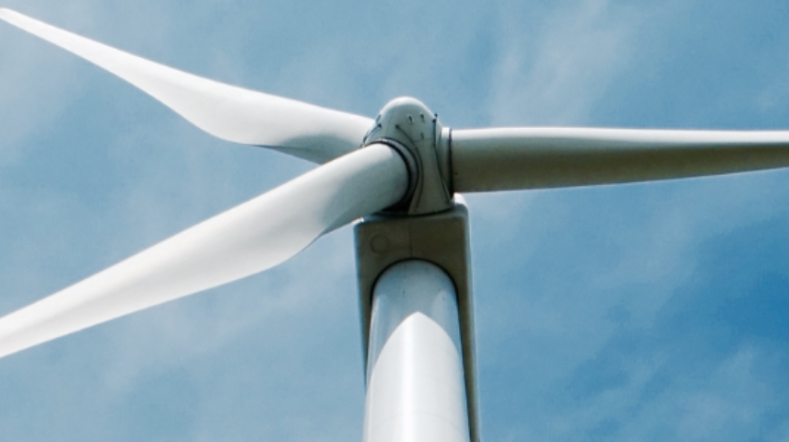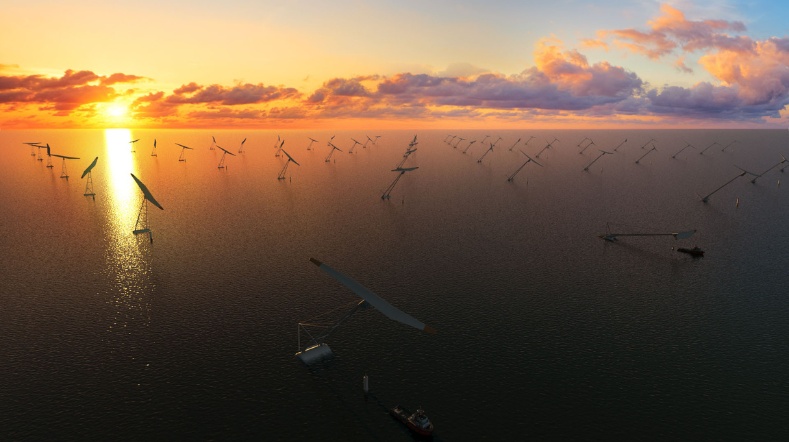
Wind energy
The Netherlands has made a rapid start on the energy transition. The goal? A carbon-free energy system by 2050. Offshore wind farms are an important part of this effort and will become the largest source of renewable energy production in the Netherlands. The Wind Energy expertise group focuses on developing technology for offshore wind energy.
The technology of the future
TNO’s technology is important for developing a sustainable energy system. Key focus areas are making wind farms cheaper and more efficient. Offshore wind energy also has to be integrated into the energy system and it must be in harmony with the environment. We’re developing technology to improve the efficiency of wind farms on the North Sea and reduce costs. And we’re working on new and interesting technology for the years after 2030. Examples are:
- maintenance using robotics
- generating energy at great heights using kite power
- developing a 20 to 30-megawatts wind turbine
- developing multi-rotor systems
Low costs and high production
The Wind Energy expertise group is one of the largest research groups globally. After being developed for a few years, our technologies are used as commercial products in large wind farms. This reduces the costs per kilowatt-hour and increases production. Below are examples of technologies that we’ve developed:
- design of the wind turbine blade
- controllers
- design of support structures
- design tools for optimising the largest turbines in the world
- development of optimised installation and maintenance concepts
Optimising wind farms
In 2019, our wind farm control technology was patented for further increasing the production of offshore wind farms. We’re proud of this achievement. We assist developers optimise their offshore wind farms. We also perform long-term LiDAR measurements on offshore platforms to accurately determine the wind conditions up to large altitudes for the Dutch wind farm development zones.
Wind power in the energy system
Because offshore wind farms are so important, we have to consider carefully how to integrate them into the energy system and the environment. In collaboration with Wageningen University, we’re developing the grid integration field lab SWITCH. We’re also conducting research on the multifunctional use of space, which can involve creating nature in offshore wind farms and the combination with seaweed farming.
Technological breakthroughs needed
We assist in stretching the boundaries of current horizontal axis, three-bladed, downwind wind turbines to 12MW and beyond. Offshore wind development after 2030 will require groundbreaking, beyond state of the art technologies to maintain the tremendous pace of offshore wind development and meet the goals of a CO2 neutral society in 2050.
TNO expertise in wind energy
We're engaged in development of new and innovative technology in order to anticipate on the after 2030 era and develop technologies that are then needed. Although these technologies are not yet being used commercially in the market. TNO has the following types of expertise in wind energy research:
- Design of offshore wind farms.
- Design of wind turbines, controllers and components.
- Design of support structures.
- Health monitoring methods and technologies.
- Validation techniques to verify and validate innovations, such as LiDAR measurements and fibre-optic strain gauge measurements.
- Power performance measurements and mechanical load measurements on wind turbines. We’re accredited for these activities.
- Technology and tools for the assessment of end-of-life solutions and Life Cycle Assessments.
Our own design tools
We develop and use our own design tools for a wide range of design challenges, such as designing airfoils, blades, controllers, and wind turbines. We also develop and use our own design tools for the following applications:
- Design of installation and operation and maintenance concepts.
- Calculation of the yield of offshore wind farms with our own design tools and advanced ‘wake models’.
- Design of the electrical grid and integration in the energy system.
Get inspired
Improving wind turbine maintenance with the sensor installation robot


Wind energy webinars

X-ray drone technology and digital twin to detect sub-surface defects within turbine blades


Advancing wind turbine blade reliability through innovative monitoring and digital twin technology


Consortium explores positive wake effects of floating wind turbines



